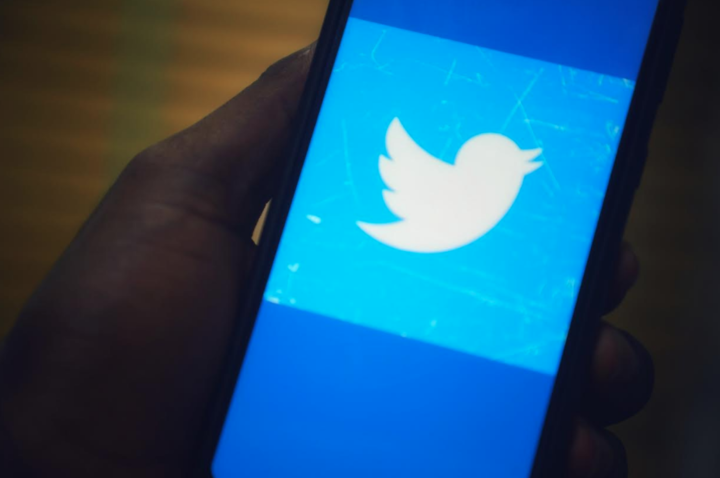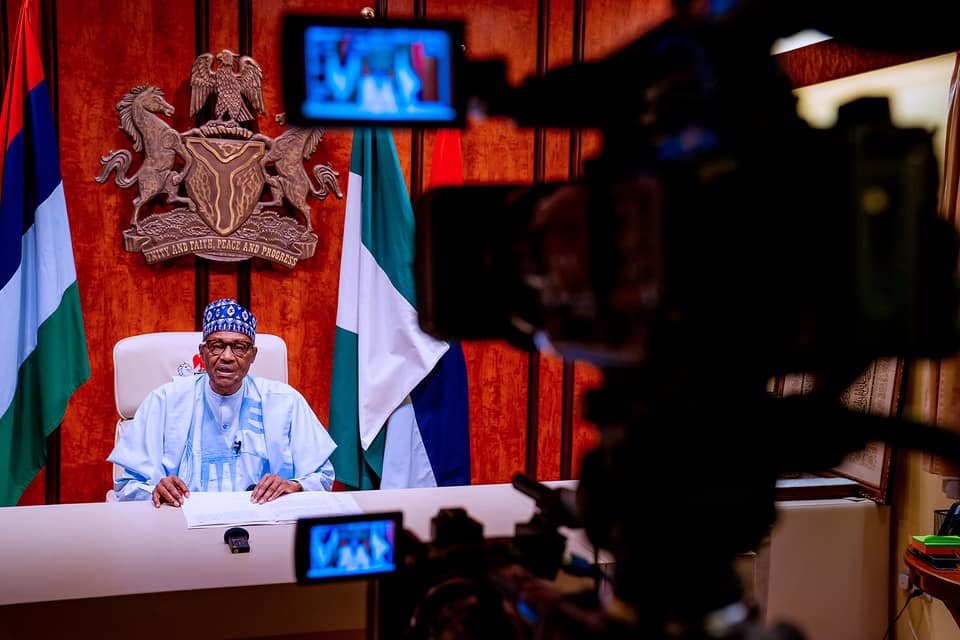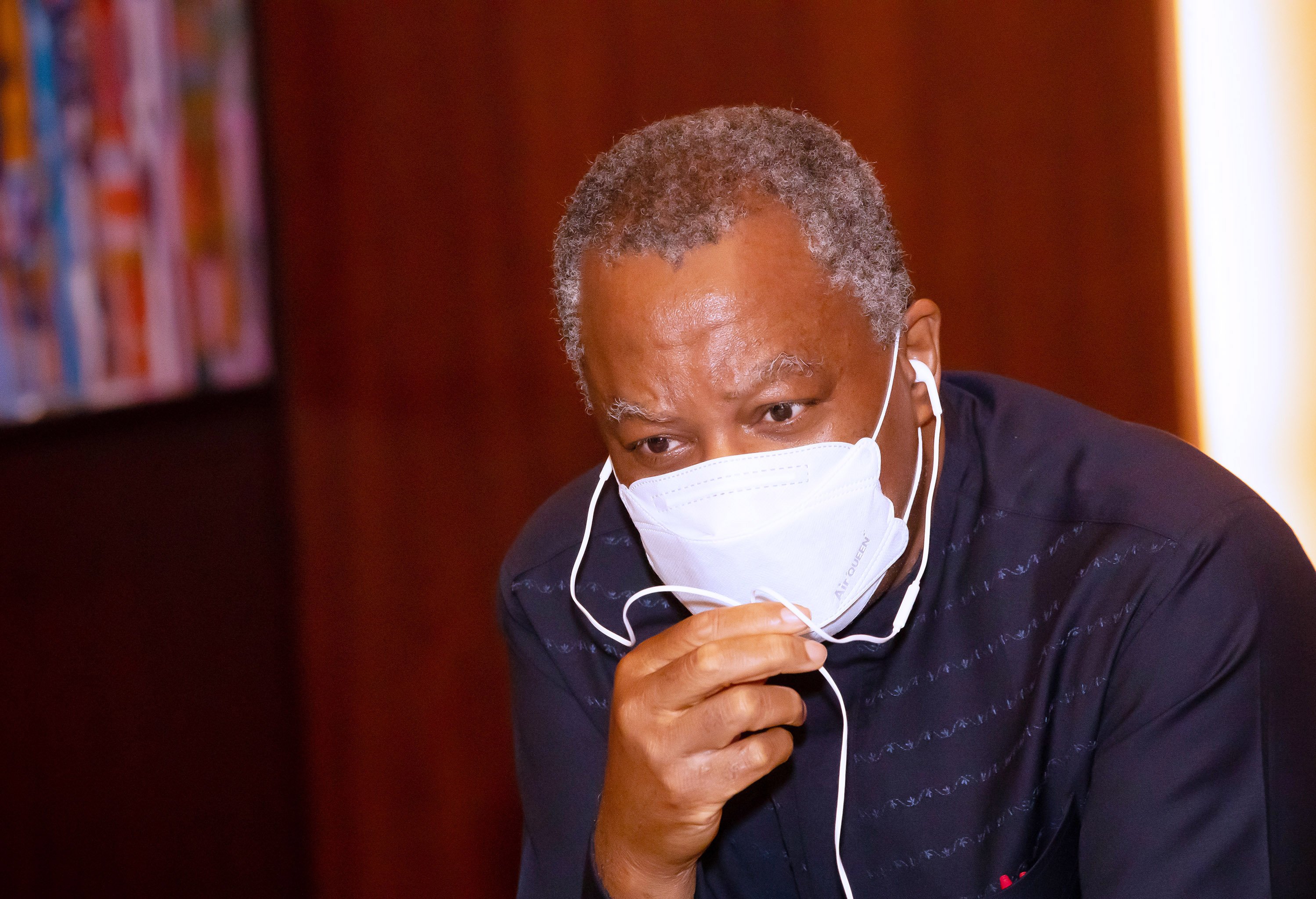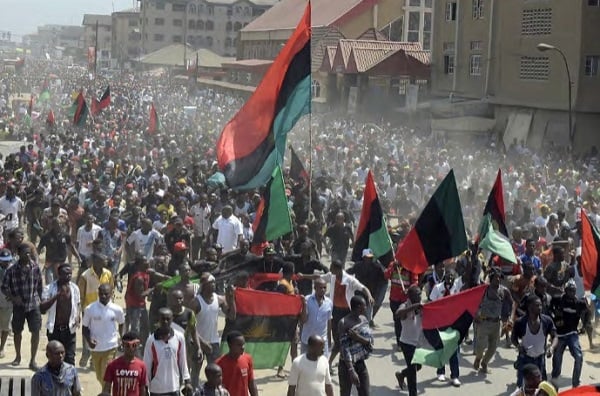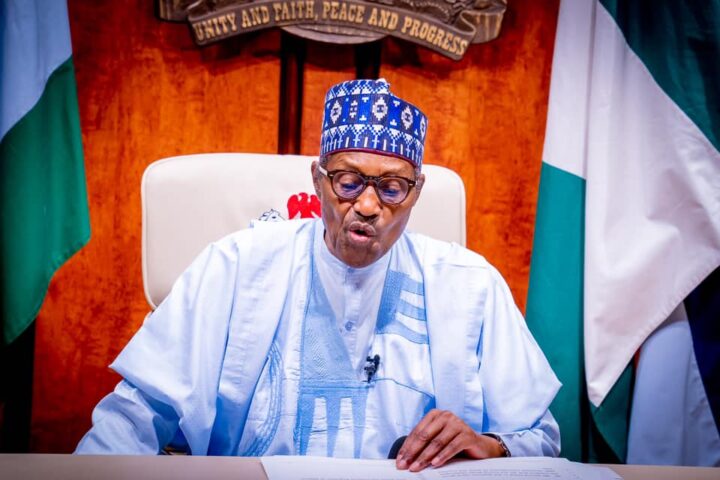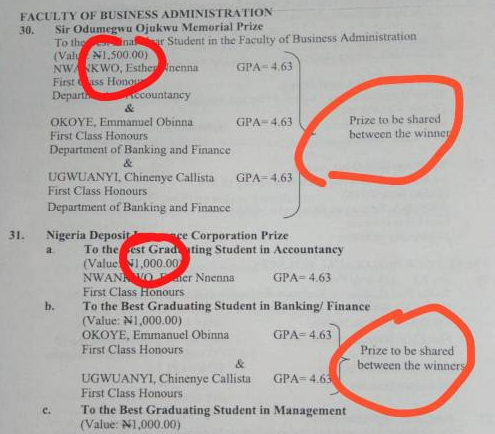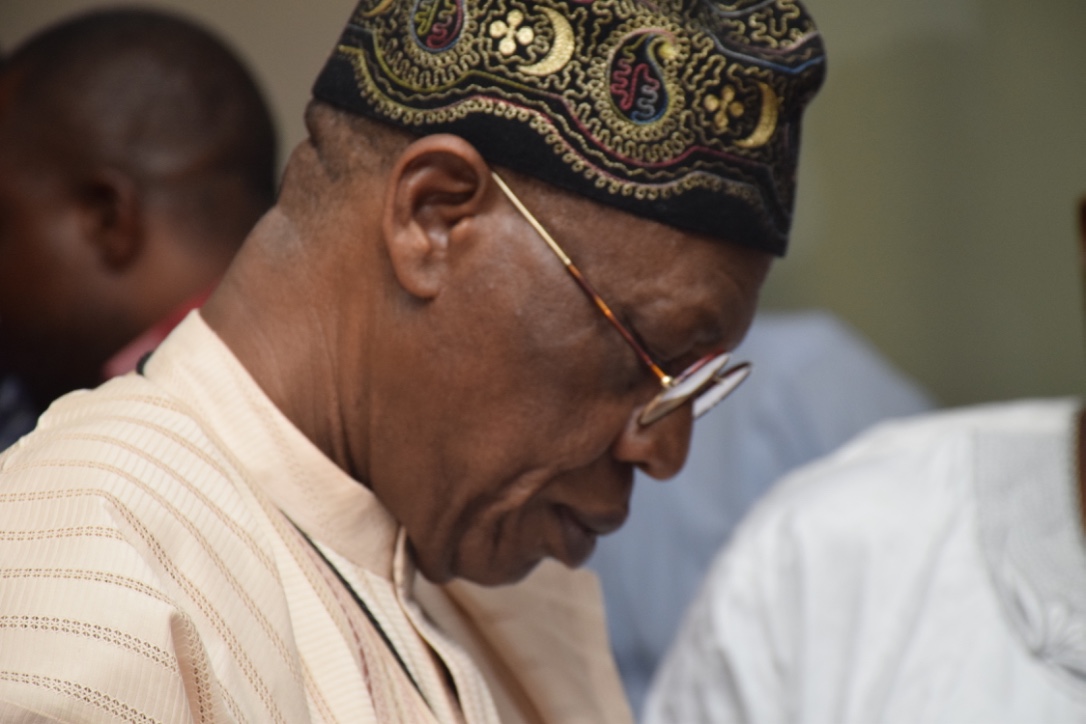Let me state without equivocation that it looks to me that Nigeria never really forgave Twitter for taking its African headquarters to neighboring Ghana. So all that shemozzle about the President Muhammadu Buhari’s Tweet being removed was a deliberate scheme to excavate a residual hurt and manipulate it to mask or obviate one of the saddest moments of our history, when our country folks across the land were being taken down by bandits and terrorists. Unprotected.
One was alarmed when the story was unfolding, to gather that the minders of our President were running around him with the absolute misinterpreted information that Twitter took the action to undermine or attenuate the worth of a President who, is perhaps, the greatest African personality since Nelson Mandela. Unfortunately, that was one action too many, and an insignificant policy decision by an international organization soon attracted global attention, and redirected focus on the failings within our nation, with countries and international media subjecting us to ridiculous admonition and unsavory reportage.
The shame is on those who quake to speak the truth to authority in very difficult times, those who tend to divide us and divert our attention from desperate situations that need urgent attention. Those who use their propinquity to power to sow lasting seeds of hate with the ephemeral hope that tomorrow would never come.
Did it ever occur to his minders that except for the love for our President, what he said in the Arise TV interview could be described as morbid and capable of having a cataclysmic effect on a whole region of the country? And there is some level of cataclysm anyway except that they are too dishonest to accept it.
Advertisement
Devoid of such understanding, they tried to turn some slight breeze into a storm by banning Twitter operations in Nigeria and issuing a directive to the National Broadcasting Commission (NBC) to start the licensing of OTT operations in the country. After all, they are protecting the Commander-in-Chief. How very preposterous!
Really? The Social Media Bill died a natural death in the National Assembly over a year ago. That Bill didn’t emerge out of a need or convenience but out of scurrility of mind and a predetermination to do evil by obstructing social media channels. Words will fail any writer to describe the ineptitude and the obscene acquiescence of the current Assembly, who would do everything for the authority but never support the people for anything. Fortunately, the people won a major victory when they forced the Assembly to pull the Bill in shame.
So in solving one problem, this government simply opened another channel to outrage and incredulity.
Advertisement
OTT is over-the-top operations by operators who are not telecommunications or broadcast operators but rely on the built-up facilities of licensed telecommunications operators to do their business. Just like the bat which is not a bird or land animal, the OTT operators fit into no particular field of operations and yet some of the companies are providing impressive value added services. I will express some level of bias here to say that some of the operators actually weigh heavily towards telecommunications. So, any suggestion of licensing, no matter how very outlandish, should be directed at the Nigerian Communications Commission (NCC).
This doesn’t mean that the OTT operators are liked by any traditional operator whether in broadcasting or telecommunications. In fact, telecommunications operators have always accused OTT operators for visiting their breakfast table uninvited, and taking away what should be profit to the telcos. The reason for this is that OTT operators just ride on the availability of good internet connection to reach their market with attractive products.
So disagreeable have they been that the International Telecommunications Union (ITU) and other organizations like the Commonwealth Telecommunications Organization (CTO)have tried to create more understanding of OTT through research works and appropriate definitions.
Let me therefore present the CTO definition in a 2020 Report wherein it leveraged on the definitions from ITU, Ofcom, which is the UK regulator, and the Body of European Regulators for Electronic Communication (BEREC) to arrive on a more fitting definition.
Advertisement
“OTTs can be content, a service or an application that is provided to the end user over the public Internet. OTTs can be distinguished between those that are electronic communication services (OTT-ECS), those that potentially compete with electronic communication services (OTT-Com), those that potentially compete with broadcasting services (OTT-Content) and those that neither compete with electronic communication services nor broadcasting services (OTT-Other).
While the above definition tried to capture every facet of OTT operations, it will serve some purpose to list some of the operations that fall under OTT for more understanding. They include: Zoom, Skype, Messenger, WhatsApp, Instagram, SnapChat, WeChat, TikTok, YouTube and Netflix, among others. Now I am afraid to include Twitter in order to avoid the wrath of the powerful who are waging war against technology like those who fought against the democratization of phone ownership in Nigeria. I am sure that online platforms and media in the country would also be subjected to such licensing.
Intrusive as their operations may be, licensing and control of OTT operations have been a problem globally. What jurisdictions do is to be creative in taking measures that can help tax these operators who make so much money but have little commitment to infrastructure development in an operating environment.
It is worthy to point out here that in the case of Nigeria, there is no law which has empowered the NBC or NCC to license OTT operators. The ‘learned’ ones amongst us can look at the Nigerian Communications Act 2003, the National Broadcasting Commission Act CAP N11, Laws of the Federation of Nigeria, 2004, and the Cybercrimes (Prohibition, Prevention, Etc.) Act, 2015.
Advertisement
It is not how we feel or the depth of our anger, but it is what is written in the documents aforementioned that should dictate our actions. We shouldn’t create a situation and work to the solution outside of the rule book.
Good Wishes to Balarabe Shehu Ilelah
Advertisement
It is fitting to congratulate Mr Balarabe Shehu Ilelah as the new Director-General of NBC, having been appointed last week by the President. That is the hottest seat to occupy in Nigeria today, rendered more insecure by the Broadcast Act. From one journalist to another, I want to observe he is like one invited to participate in an egg race, with the raw egg in the spoon being given to him. He needs to race with caution in order not to witness an early torpedo. The Act is a troubling instrument in the hands of those who manipulate it.
Okoh Aihe writes from Abuja
Advertisement
Views expressed by contributors are strictly personal and not of TheCable.

